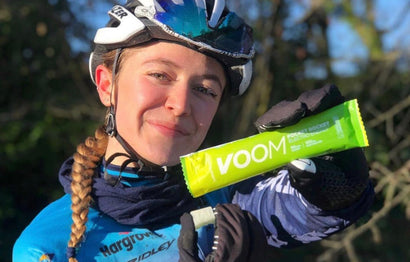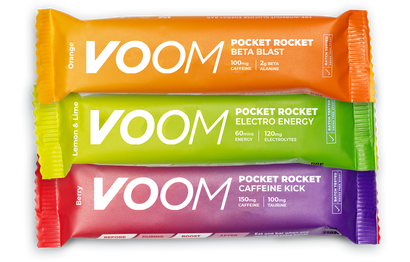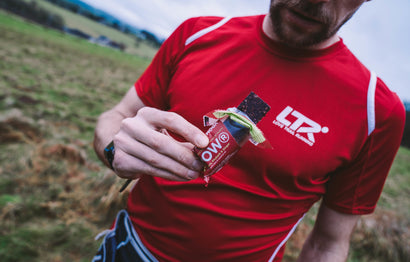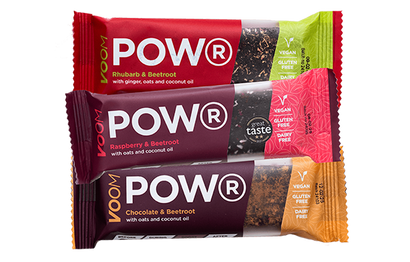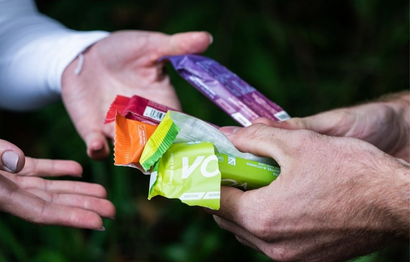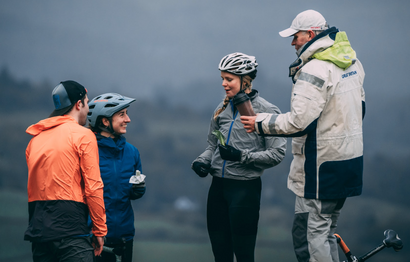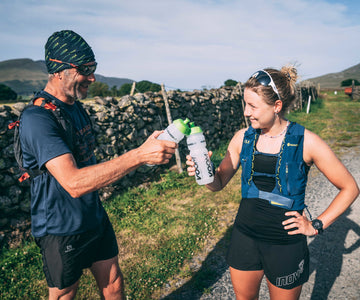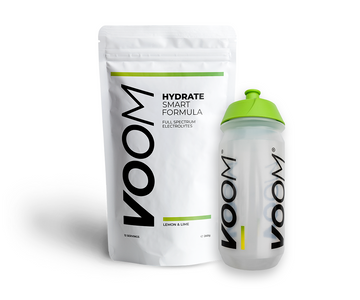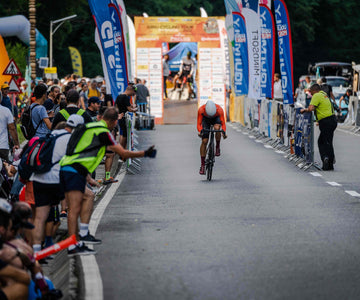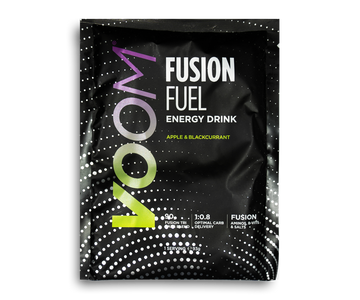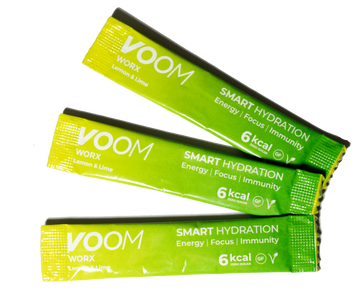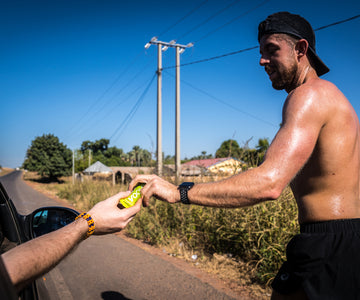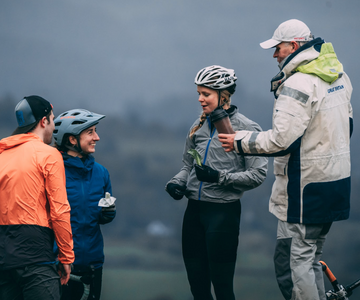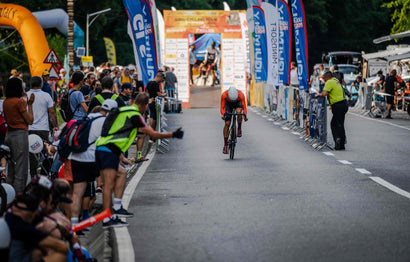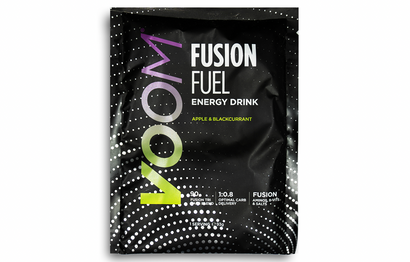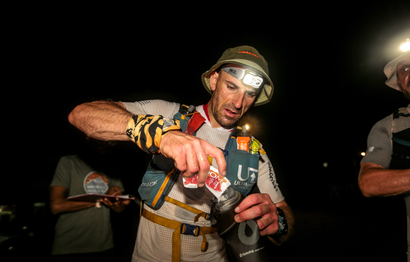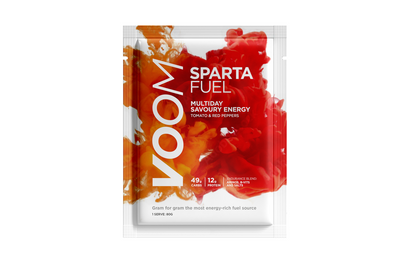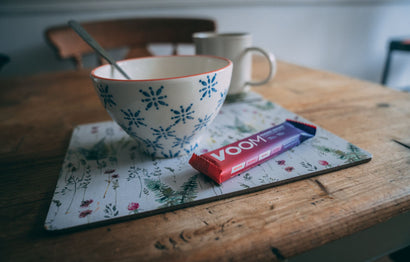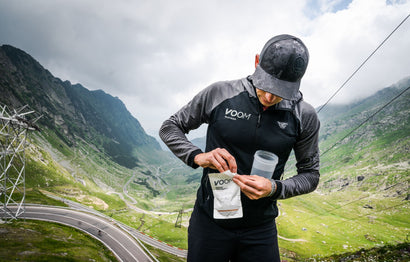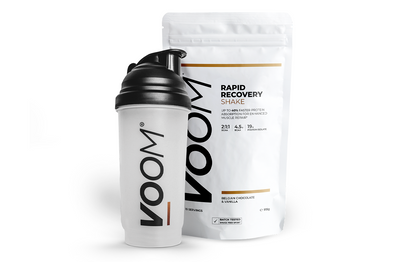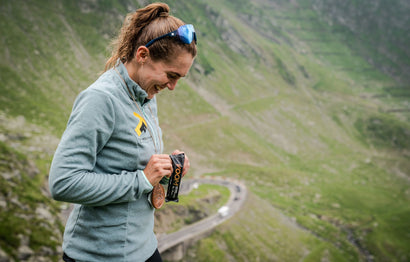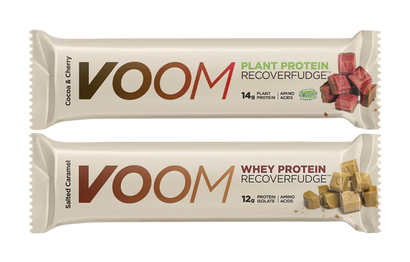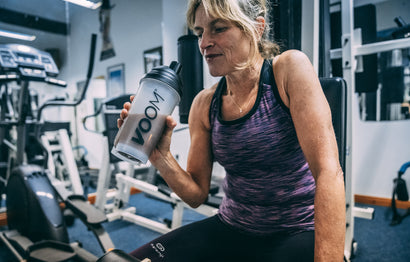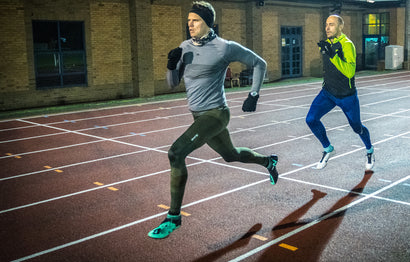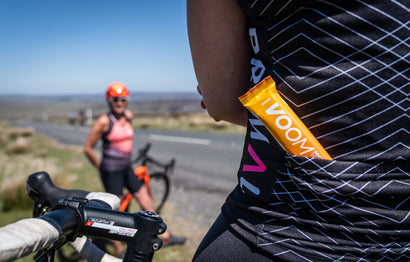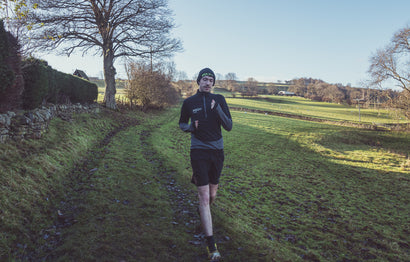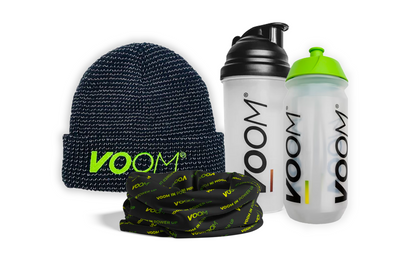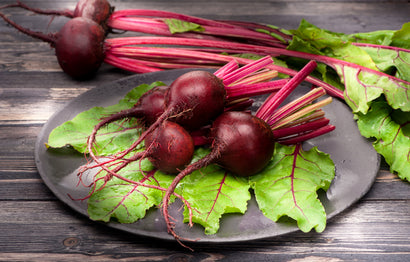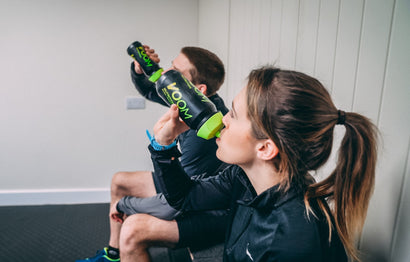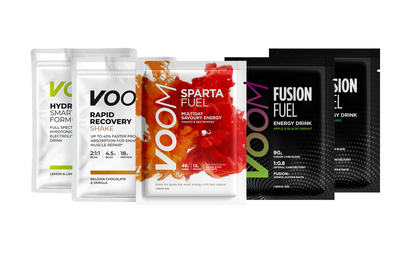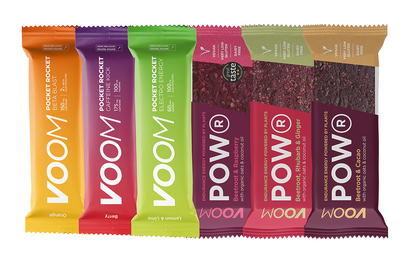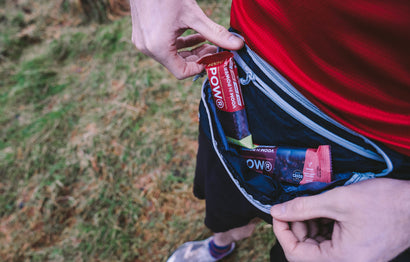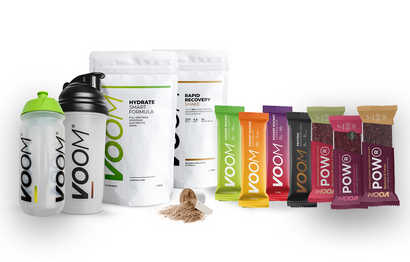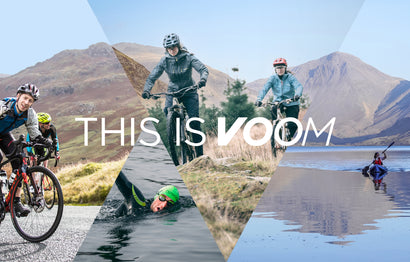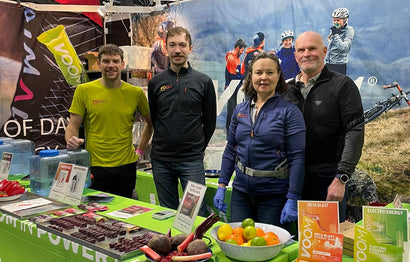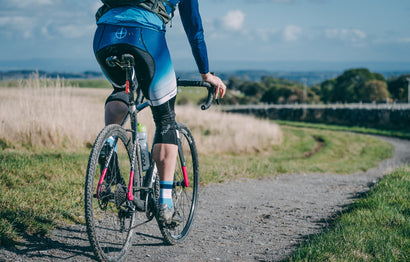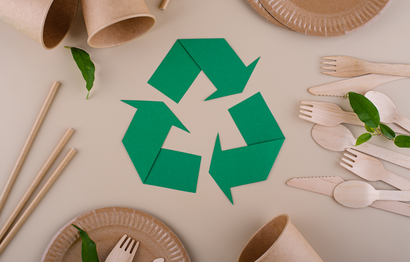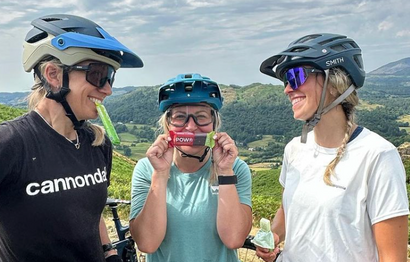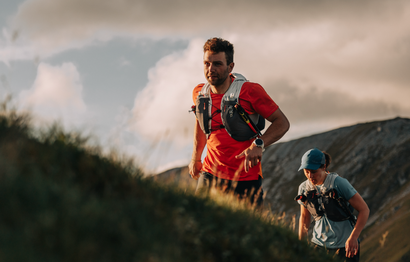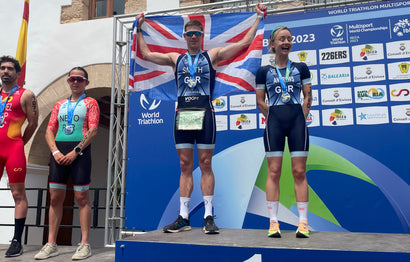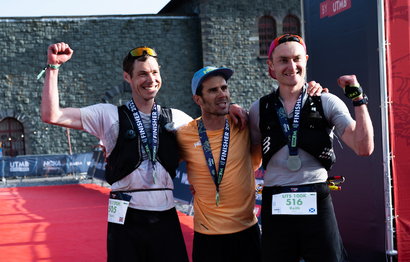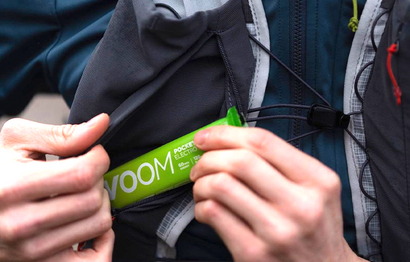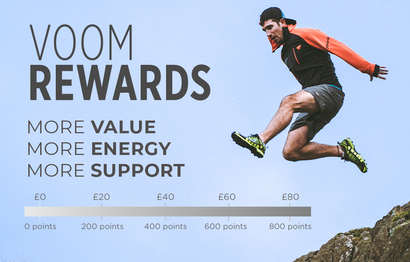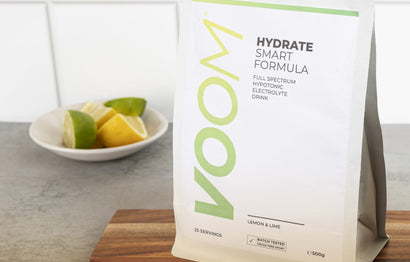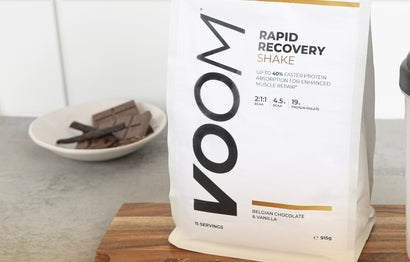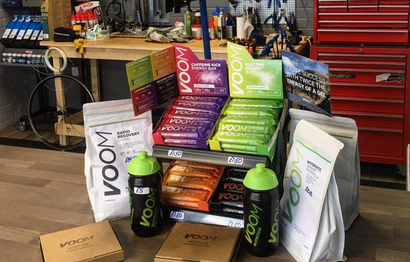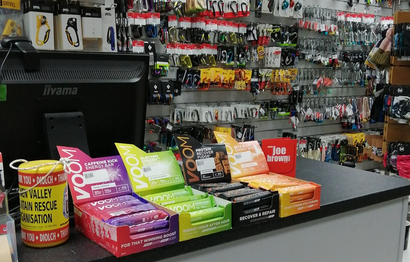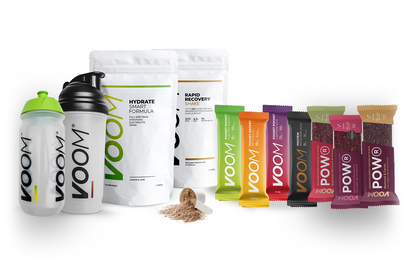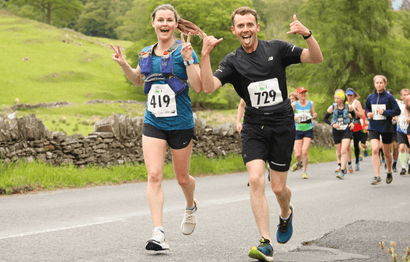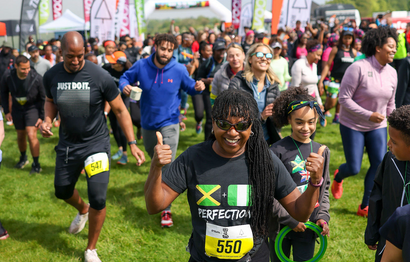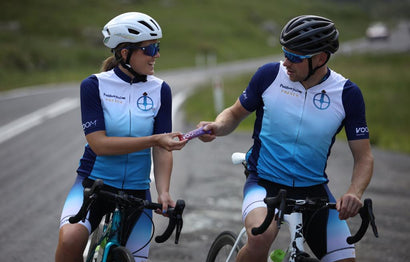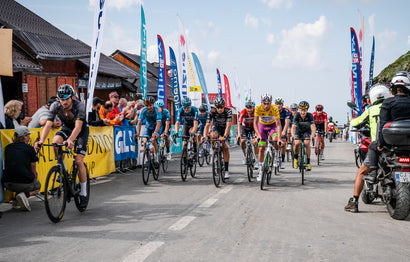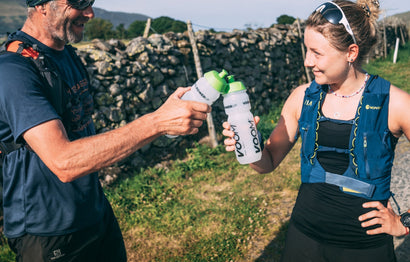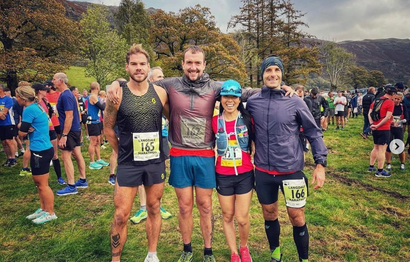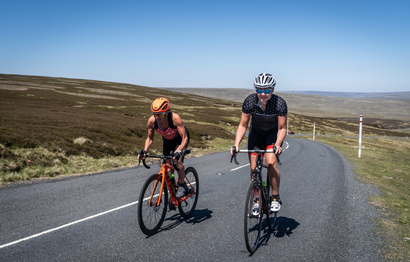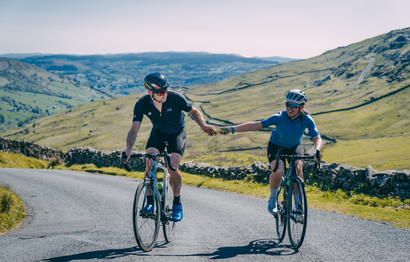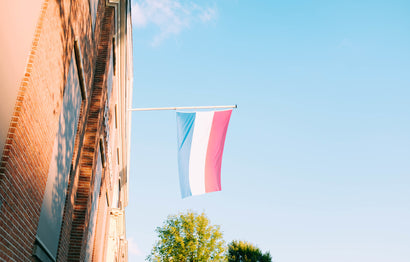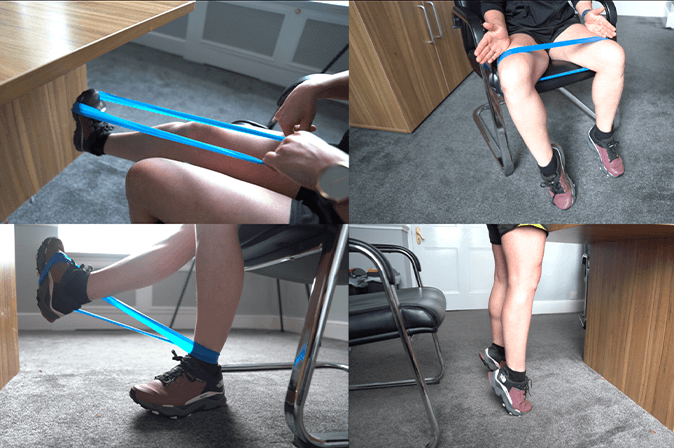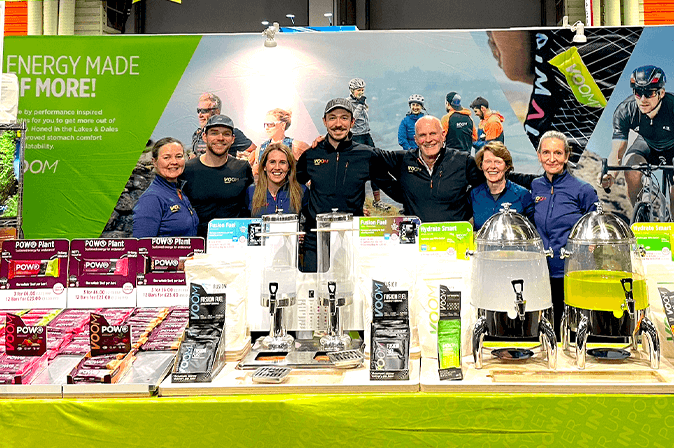Welcome to the third part in our marathon fueling series of articles. In case you missed it, in the first part of our marathon training guide we looked at the importance of breakfast for training, what to eat before bed, and the best balance of macronutrieints to aid running performance. In our second installement we gave marathon diet tips including vitamins and minerals, hydration, timing of food/meals and how to fuel your weekly long run.
Here in our third and final section of the comprehensive marathon diet guide, we look at some meal ideas for marathon runners and answer some FAQ’s around diet whilst run training. First up, check our some of our favourite meals to boost carb and aid performance intake when endurance training.

Best marathon training meals
For a little bit of cooking inspiration we’ve listed some of our favourite pre-run meals to have during marathon training period. In general lower fat, carb-rich meals with a good protein serving help support training and recovery. Whatever your marathon training nutrition plan - make it your own!
Homemade fish pie - protein, carbs, a little bit of fat and when served with a pile of veggies you can top up the vitamins and minerals.
Pasta Carbonara with chicken and/or bacon - Maybe not the lowest fat dish with the creamy sauce but the chicken and pasta are ideal running fuel and it’s a classic pasta dish! You could mix it up for a vegan option making your creamy sauce from dairy-free milk and substituting the traditional bacon for sun-dried tomatoes.
Grilled salmon with wholegrain rice and veggies - Wholegrain rice can be a great source of carbohydrates for runners and grilled salmon offers a nice serving of protein. Pile on the veggies for a boost of vitamins, minerals and feel-good factor!
Jacket potato with tuna and salad - A nice mix of carbs, protein, the vitamins & minerals in a good salad, plus Omega-3 fatty acids which support cell health. Quick, easy and cheap to make it can be a great lunch or evening meal and jackets are simply a great marathon food!
Vegetable pasta bake - a great one to use up whatever vegetables are rolling around the bottom drawer of the fridge. Make your own pasta sauce to minimise unwanted sugar and salt.
Vegetarian Chili - Throw in extra vegetables along with plenty of red kidney beans which offer a good serving of protein. It can easily be a vegan dish, and serve it with jacket potato or wholegrain rice to keep the carbs topped up!
Example meal plan for marathon training
When fueling marathon training an example plan may offer some inspiration of the most popular marathon foods to eat. We spoke to Steve Edwards, who has completed over 940 marathons with a sub 3:30 average finish time, to get some tips.

Below is a typical Saturday for Steve with what he eats, when he eats it and why he choses that food to support marathon running.
| Time | Food / Meal | Rationale |
| Breakfast | Half VOOM Protein Shake then large bowl of porridge and a coffee. Sip around 300ml water | Low GI carbs & protein from the shake and milk in the porridge to fuel a morning run. The coffee (and caffeine) gives a bit of a lift to get going. Sipping the water is a good idea as you will have dehydrated slightly through the night. |
| AM Snack | Half VOOM Rapid Recovery Shake, Banana, salted peanuts and approximately another 300ml water. | VOOM shake offers protein to repair muscles and carbs to replenish glycogen stores. More low GI carbs in the form of a banana known for containing Potassium to help replenish lost electrolytes/salts which the salted peanuts also will whilst providing protein and fats. |
| Lunch | Sandwich made with 4 slices wholemeal bread e.g. cheese salad, tuna cucumber or egg. Followed by a handful of raisins & cup of tea. | A healthy dose of wholemeal carbs with some protein in the filling and a small amount of veg. The raisins offer more carbs and a healthy option to hit any sweet tooth cravings after lunch! |
| PM Snack | An apple followed by some natural yoghurt, a cup of tea and perhaps a digestive biscuit if peckish. | A healthy piece of fruit, a little more protein and hydration with the option of a little sweet treat before an evening strength/core session. |
| Dinner | A traditional meat & two veg dinner, such as chicken, beef or fish with pasta, potatoes or rice and some veg. Portion of pineapple or orange and more water for afters. | Another portion of protein and some carbs to refuel from the day and prepare for the following day with vegetables and the vitamins and minerals they offer. More fruit is again topping up vitamin and mineral intake and water to remain hydrated. |
| Evening | Cup of tea with piece of cake or maybe some chocolate | A sweet treat to finish the day whilst relaxing in front of the TV - lovely! |
This is a fairly typical routine I will stick to as I train most days. The only change comes for race day, so evening before will be a large pasta dish - emphasis on a copious amount of wholewheat pasta. This follows a VOOM hydrating drink that I’ve sipped-on all afternoon instead of plain water.
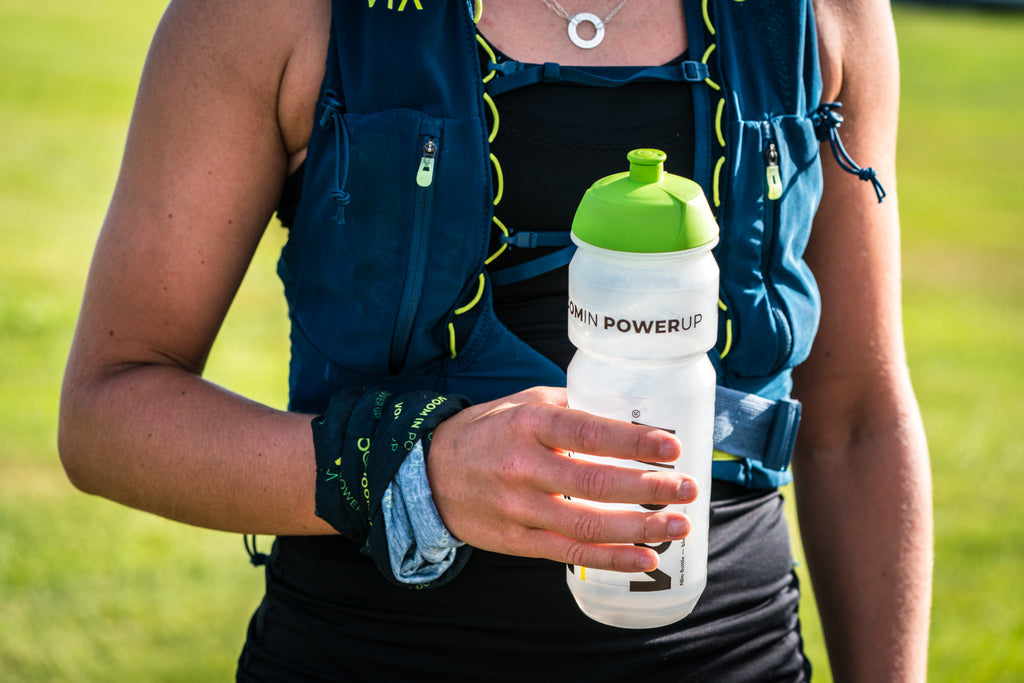
On race day itself, I consume the usual amount of home mixed protein shake followed by a larger bowl of porridge than normal. Then I sip on a bottle of VOOM Hydrate up until race start. Again, yet more carbohydrate with some protein and plenty of hydration.
During the race I’ll consume VOOM Pocket Rocket bars for extra energy and electrolytes to help keep me going. Following a race, I always consume a whole bottle of VOOM Protein shake along with a Voom Protein RecoverFudge bar. Some time after this I have the normal wholemeal bread sandwiches that I’d have on a typical day.
Sometimes I’ll have a meat and two veg dinner at the end of a race day but usually I’ll treat myself to a Pizza with salad. Basically a very high calorie day with copious amounts of protein, carbohydrate and some fat.

Marathon Training FAQ's
Do I need to use sports nutrition in training for a marathon?
Some people think using sports nutrition is only necessary for the actual 26.2mile event, but using sports nutrition products during your training and preparation for a marathon can be really beneficial - having enough energy for running is vital.
The use of recovery products after a long run or more intense training session can help you recover faster, reduce muscle soreness and leave you ready to train again sooner. We recommend VOOM Rapid Recovery, or for a post-workout protein snack on-the-go try VOOM RecoverFudge!

Hydration is always an important consideration, it will help you get the most from your workouts and feel better during your long runs. Hydration can be optimised before training, during longer runs or in warmer weather and then post workout if you have become dehydrated. An electrolyte drink can help here, and a hypotonic drink such as VOOM Hydrate Smart, will hydrate you faster than an isotonic drink or just water.
As mentioned above, you’re likely to need to take on more carbohydrates during runs that are longer than about 90-120 minutes, so VOOM Pocket Rocket energy bars are ideal for maintaining energy during your weekly long run.

It’s crucial to remember that trying new products during your event is never advised, so getting used to hydration drinks, bars or energy gels during training is another reason why you should use sports nutrition in training for a marathon, not just in the race.
What foods should marathon runners avoid?
There are certain foods which are more likely to cause you problems when running so to avoid GI distress consider cutting the following foods. Fried foods are calorie dense and are slow to digest so certainly not ideal before running. High fibre foods such as beans, nuts and cereals, are important for a balanced diet but not ideal in large quantities before running as they can lead to gas and bloating which is uncomfortable whilst running.
Will marathon training lose weight?
Marathon training to lose weight is certainly on some people’s mind and may even be a ‘New Year’s Resolution’. Does running lose weight comes down to the balance of calories in and calories out. Whilst timing of your calories can play a part, the biggest factor is how many calories you burn with the extra activity vs how many calories you consume per day. The chances are that with consistent training, many people will lose some weight and start to reduce body fat percentage.

